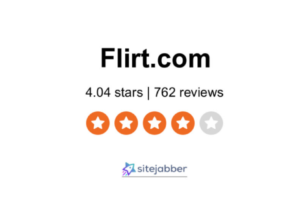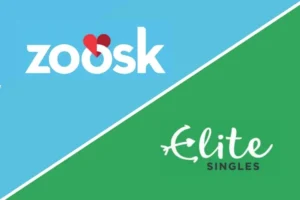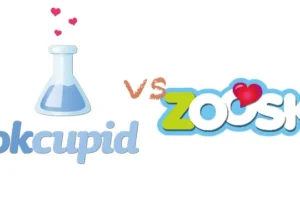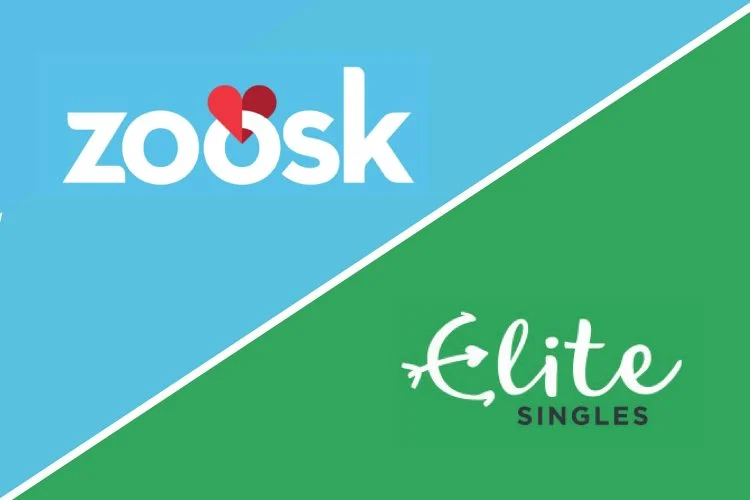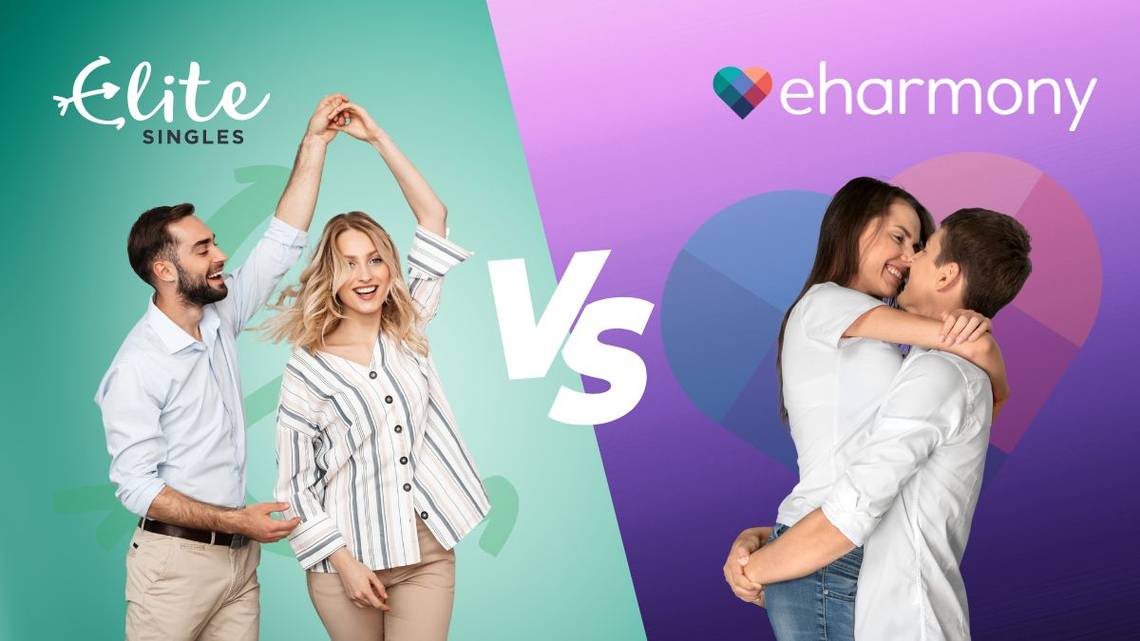In the rapidly evolving of dating world, two platforms have consistently stood out among the array of options available to singles: Match vs. Bumble. Each offers a unique approach to finding love or companionship online, catering to a wide range of relationship goals and preferences. As we step into 2024, the competition between these two giants of the dating app industry has never been more intense.
This in-depth analysis seeks to dissect the nuances of each platform, offering insights into which app might best serve your quest for love, companionship, or anything in between. With a keen eye on the latest trends, user testimonials, and the unique features that set each apart, we embark on a comprehensive journey to determine the reigning champion of the dating realm www.creativweb.co.uk/category/flirt-com-review.
Match: A Pioneer in the Online Dating App Arena
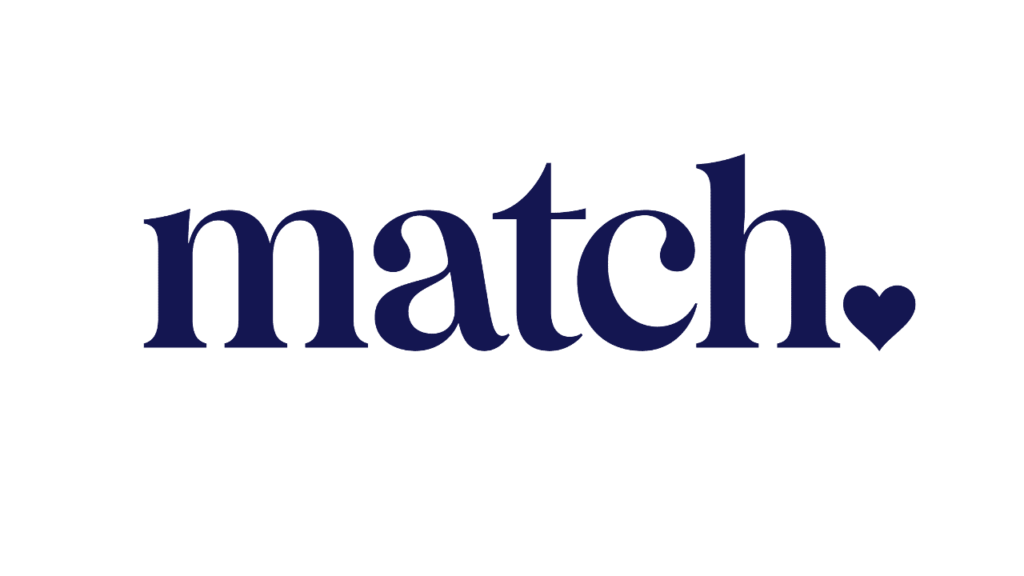
Match, a cornerstone of the Match Group and a veteran in the online dating scene, has been instrumental in paving the way for meaningful connections since its inception. Unlike the instant gratification offered by apps like Tinder and Hinge, Match.com emphasizes depth and compatibility, catering to those who are serious about finding a lasting relationship. Its algorithmic approach to matchmaking, combined with detailed user profiles, sets a high standard in the best dating site, ensuring that every swipe right is a step towards a potential life partner.
Match, with its long history, represents the traditional side of online dating. It prioritizes deep connections through detailed profiles, comprehensive search filters, and a matching algorithm designed to predict compatibility. The platform’s focus on facilitating long-term connections has garnered a loyal user base, making it a stalwart in the dating app industry.
Safety and Security:
In the digital age, user safety is a paramount concern. Both Match and Bumble have implemented robust security measures, including photo verification and in-app reporting features. However, Bumble has unique requirement for women to initiate conversations in heterosexual matches has been particularly effective in reducing unsolicited messages and enhancing overall safety.
| Feature | Match | Bumble |
|---|---|---|
| User Verification | Photo verification to ensure profiles are genuine. | Photo verification plus additional verification methods like requesting a selfie. |
| Messaging Control | Anyone can message first, but there are filters to control who can contact you. | Women must message first in heterosexual matches, reducing unsolicited messages. In same-sex matches, either party can initiate contact. |
| Privacy Protections | Offers features like anonymous browsing and user data protection. | High privacy standards with options to easily report and block users, as well as private detector technology to prevent unsolicited images. |
| Safety Features | Date Check-In feature, allowing users to alert friends or family about date plans and location. | Similar safety features with the addition of a response team for emergencies and safer dating guidelines. |
| Community Guidelines | Strict community guidelines to ensure respectful interactions. Regular reviews and the option to report violations. | Comprehensive and strict community guidelines emphasizing respect and kindness. Quick action on reports of abuse or harassment. |
| Support and Resources | Access to customer support and a dedicated safety center with tips and advice for safe dating. | Extensive support resources, including a safety center, and direct access to customer service for immediate concerns. |
Creating Connections: Match’s Algorithm vs Bumble’s Swipe
Match uses a sophisticated algorithm to suggest potential partners, taking into account your preferences, interests, and activity on the platform. This methodical approach to matchmaking appeals to users who are serious about finding a potential matches.
Conversely, Bumble’s “swipe right” mechanic fosters a dynamic and fast-paced environment. While it also allows for detailed profiles, the emphasis is on initial attraction and user control over the interaction.
Bumble: Redefining the Rules of Online Dating

Bumble, a game-changer in the dating app landscape, has introduced a fresh perspective on how connections are formed. Championing women’s empowerment, Bumble mandates that women make the first step, a policy that has significantly reduced unsolicited messages and reshaped the dynamics of online dating. This Bumble vs. traditional dating apps narrative highlights its innovative approach, providing a safer and more respectful environment for users. Moreover, the Bumble and Match comparison in 2024 shows how varied the preferences are among users, with Bumble appealing to those who appreciate its unique notification system and user-centric policies.
Site emerged as a challenger to traditional dating norms by empowering users to make the first move. This innovative approach not only shook up gender dynamics but also introduced a new layer of respect and safety into online dating industry. Bumble’s user-friendly interface and commitment to creating a positive environment have attracted a diverse audience, from those seeking romantic connections to individuals looking for friendship and networking opportunities.
Is Match Or Bumble More Expensive?
When comparing the cost of using Match versus Bumble, it’s important to consider both the free features offered by each app and the pricing of their premium subscriptions. Here’s a breakdown to help you understand which platform might be more expensive for your dating needs:
Free Features
- Match: Allows profile creation, limited messaging, and basic match searches. However, communication with other users is significantly restricted unless you upgrade to a premium membership.
- Bumble: Offers more generous free features including unlimited swipes, the ability to message matches (with women initiating conversations in heterosexual connections), and one re-match per day with an expired connection.
Premium Subscriptions
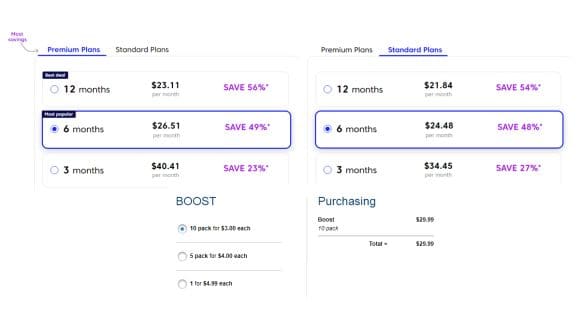
- Match Premium:
- 1 month: Approximately $44.99
- 3 months: Approximately $24.99/month
- 6 months: Approximately $21.99/month
- 12 months: Offers sometimes available for around $19.99/month
- Premium features include unlimited messaging, seeing who has viewed your profile, and more detailed search options.
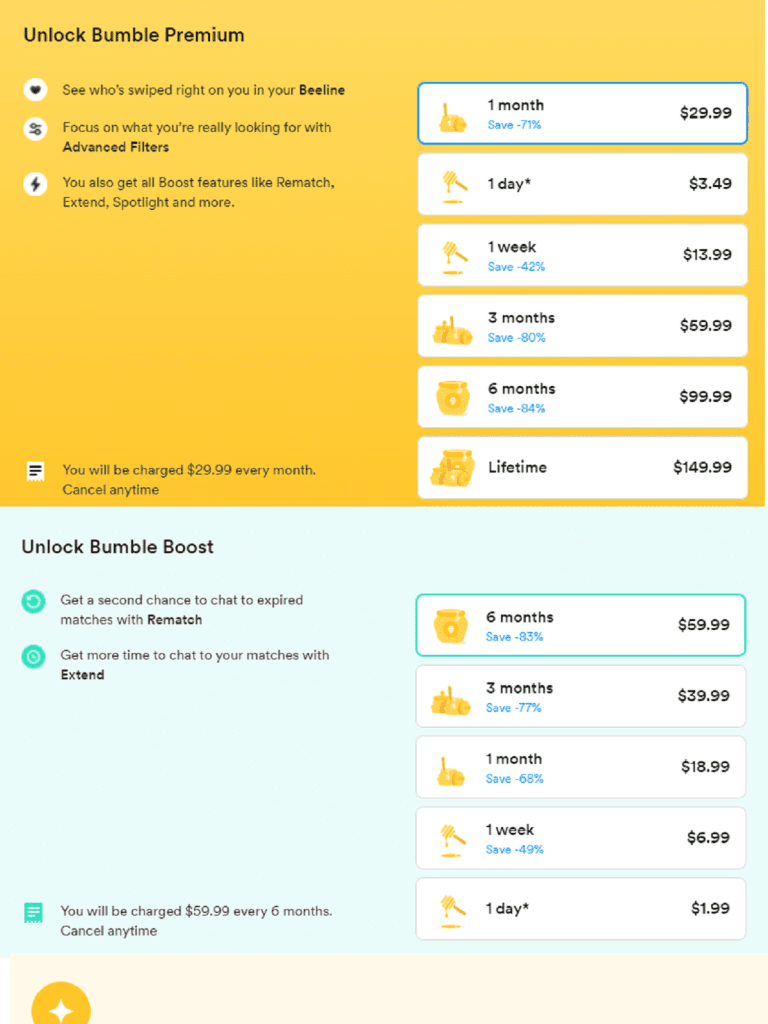
- Bumble Boost & Bumble Premium:
- Bumble Boost:
- 1 week: Approximately $8.99
- 1 month: Approximately $24.99
- 3 months: Approximately $16.66/month
- Lifetime: Approximately $139.99
- Bumble Premium:
- 1 week: Approximately $17.99
- 1 month: Approximately $32.99
- 3 months: Approximately $22.33/month
- Premium features include unlimited swipes, the ability to see who has liked you, extending matches for an additional 24 hours, and more.
- Bumble Boost:
Cost Comparison
Comparing the two, Bumble offers a more flexible pricing structure with options for both Boost and Premium, catering to different levels of user engagement. Match, while generally more expensive on a month-to-month basis, tends to encourage longer subscriptions with its pricing structure, potentially offering better value for users committed to using the service for an extended period.
The Future of Dating: Trends and Predictions
As we look ahead, the online dating landscape is set to continue evolving. Emerging technologies and changing social norms will undoubtedly influence how platforms like Match and Bumble adapt and innovate. Artificial intelligence, augmented reality, and enhanced privacy measures are just a few areas where we can expect significant advancements, offering users more personalized and secure experiences.
Conclusion: Match vs. Bumble
Choosing between Match and Bumble ultimately depends on your dating goals, preferred interaction style, and safety considerations. Whether you’re prioritizing long-term connections with Match or embracing the empowered and respectful interaction space of Bumble, both platforms offer paths to meaningful connections. As we explore the popular dating apps, it’s clear that personal preference and goals are paramount in finding the platform that best suits your needs.

FAQ:
1. What are the main differences between Match and Bumble?
- Match is known for its detailed profiles and a focus on facilitating long-term relationships. It uses a traditional matching algorithm to suggest potential partners. Bumble, on the other hand, empowers users (especially women) to make the first move, with a strong emphasis on safety and respect within the app.
2. Which app is better for serious relationships?
- If you’re looking for a serious relationship, Match might be the better option due to its detailed profile information and algorithm designed to match based on compatibility. Bumble also facilitates serious connections, but its unique approach caters to a broader spectrum of dating and networking needs.
3. How does Bumble’s “women message first” feature work?
- On Bumble, when a heterosexual match is made, the woman has 24 hours to initiate a conversation. If she doesn’t message, the match expires. In same-sex matches, either person can initiate the conversation within the same timeframe.
4. Is Match or Bumble better for safety and privacy?
- Both apps take safety and privacy seriously, offering features like photo verification. Bumble is particularly noted for its women-first messaging feature, which can reduce unwanted messages. Match provides additional safety features, such as date check-ins.
5. Can I use both Match and Bumble for free?
- Yes, both Match and Bumble offer free versions. However, their free versions have limitations, such as the number of matches or messages you can access daily. Premium subscriptions unlock additional features to enhance your experience.
6. How do I choose between Match and Bumble?
- Consider your dating goals and preferences. If detailed profiles and guided matching are important to you, Match could be your fit. If you prefer a modern approach where women take the lead in initiating conversations, Bumble might suit you better.
7. Which app has a better success rate?
- Success rates can be subjective and vary based on individual goals (e.g., long-term relationships vs. casual dating). Match is often associated with more serious relationships, while Bumble’s success stories include a range of outcomes, from romantic engagements to friendships and professional connections.
8. How inclusive are Match and Bumble?
- Both apps are inclusive, offering options for all genders and sexual orientations. Bumble also provides features like Bumble BFF and Bumble Bizz for friendships and professional networking, respectively.
9. What kind of features can I expect with a premium subscription on both apps?
- Match premium features may include unlimited messages, seeing who viewed your profile, and more detailed search options. Bumble Boost and Bumble Premium offer features like extending the 24-hour message limit, rematch with expired connections, and seeing who liked you.
10. Are there any age restrictions for using Match or Bumble?
- Yes, both apps require users to be 18 years or older. The demographic tends to skew younger on Bumble, but both platforms cater to a wide range of ages, particularly adults interested in serious relationships.
More articles worth reading:
- Flirt.com Reviews
- Zoosk Review
- Why Online Dating for Professionals Need Guidance?
- Planning Your Online Dating Profile
- Does Online Dating Matchmaking Really Work?
References:
Finkel, E.J., Eastwick, P.W., Karney, B.R., Reis, H.T., & Sprecher, S. (2012). “Online Dating: A Critical Analysis From the Perspective of Psychological Science.” Psychological Science in the Public Interest
Edwin L. Aguirre (2016) Researchers Develop a Matchmaking Program. Edwin L. Aguirre
Rosenfeld, M.J., & Thomas, R.J. (2012). “Searching for a Mate: The Rise of the Internet as a Social Intermediary.” American Sociological Review
Anna Baluch (2024) “Bumble Review: Is It Worth Using?” Forbes Health
Carter, S. M., & Thompson, L. P. (2021). “Examining Match.com’s Role in Shaping Modern Dating Culture: Insights from User Surveys.” Journal of Social and Personal Relationships
Contributing Author:
Choosing between Match and Bumble depends on what you’re looking for in your dating journey. Match offers a traditional, detailed profile approach, appealing to those seeking deeper compatibility. Bumble, with its unique feature that only allows women to initiate conversations in heterosexual matches, provides an empowering environment and suits those looking for a progressive, quicker interaction. Both platforms cater to different preferences, making either a great choice based on your dating style.


